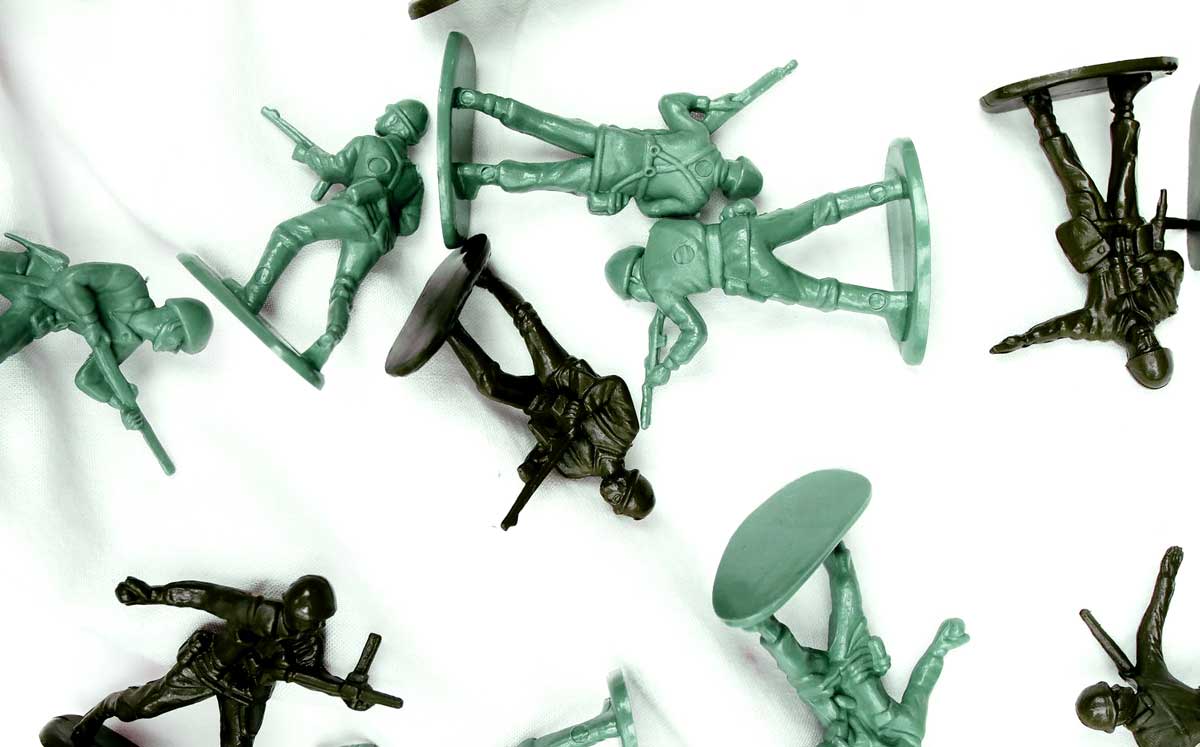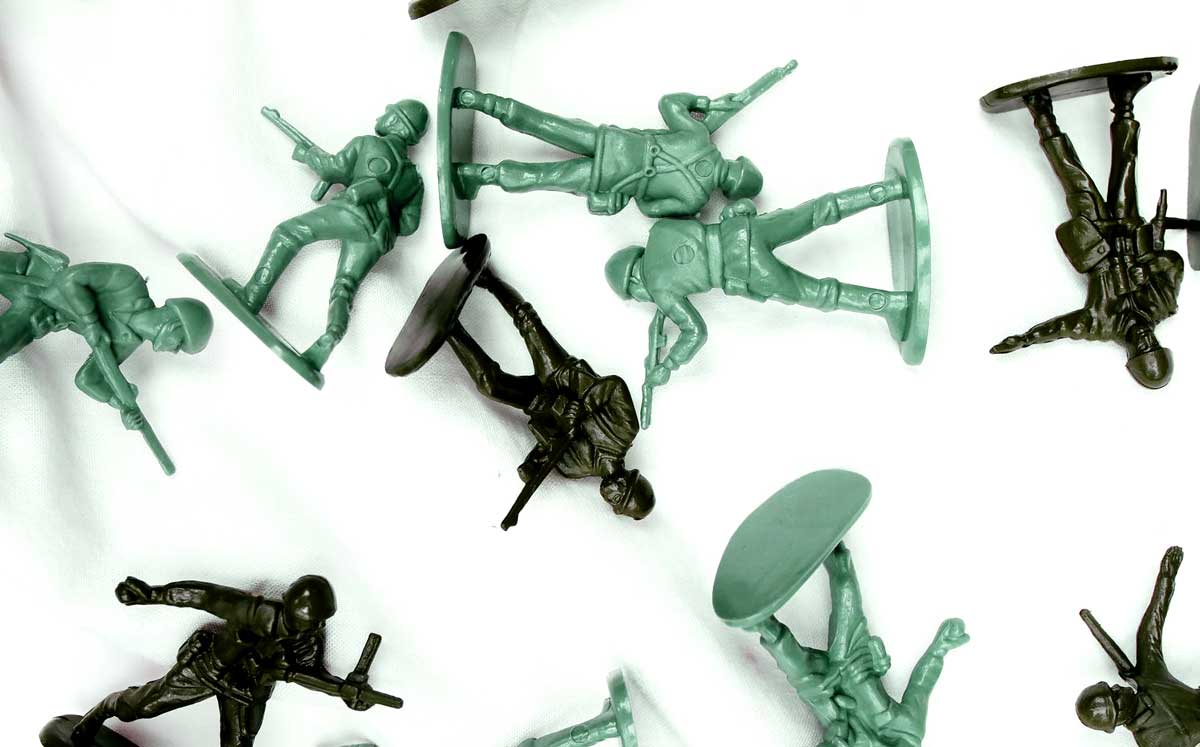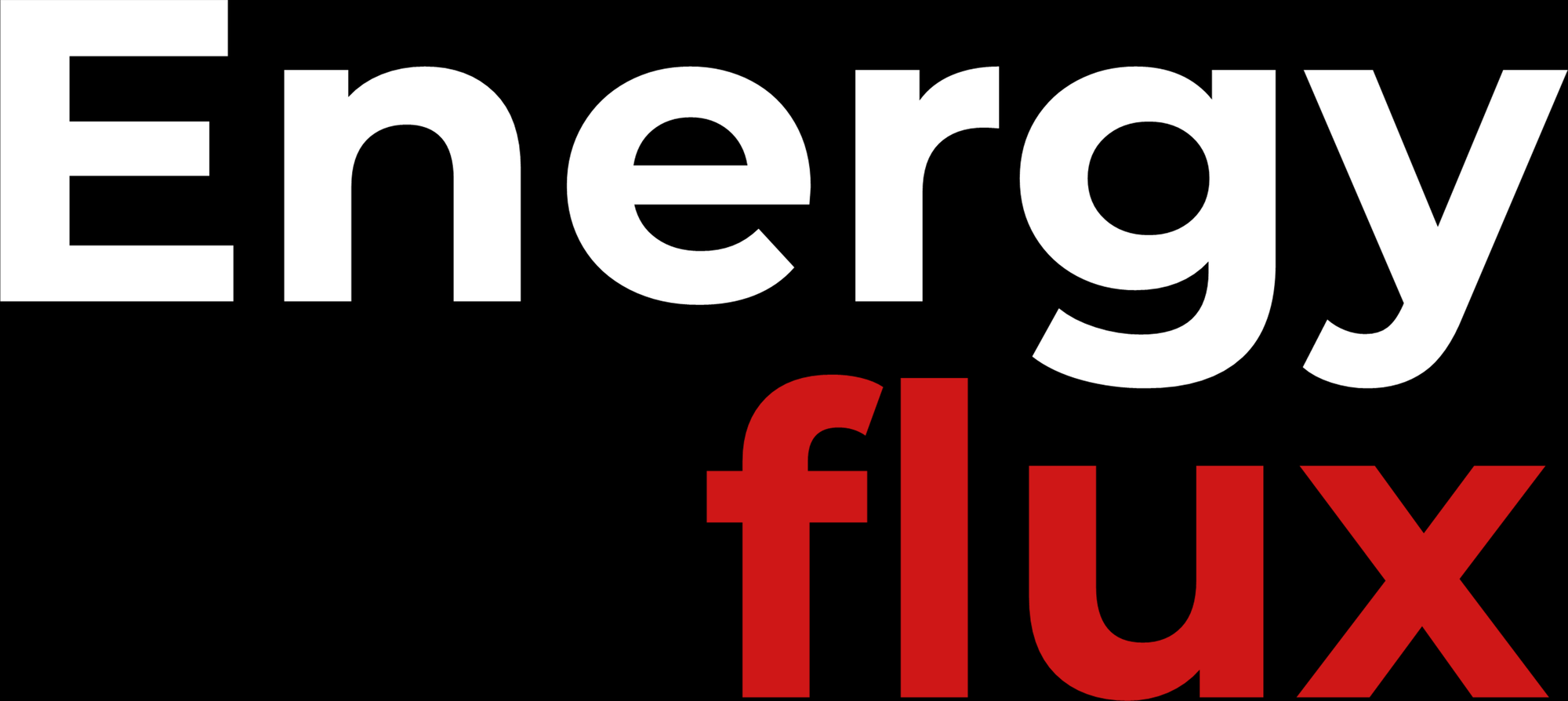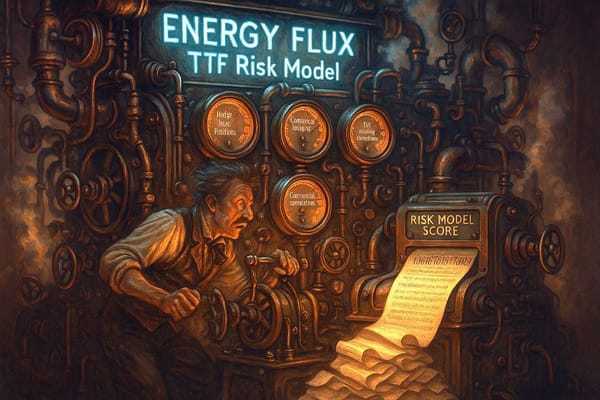The first casualty in war is perspective
The common ‘energy enemy’ is tribalism

FIRST UP: War has broken out on the continent of Europe. Russia, the world’s second biggest oil and gas producer, is being slammed by Western sanctions but there is no sign of de-escalation. Commodity markets are boiling over, fearful that carve-outs intended to protect global energy security will fail. This is my best effort at making sense of a very fluid moment in modern energy history.
- BREAKOUT STORY: If you want some reprieve from Ukraine-related coverage, I’m excited to be republishing a piece weighing up the many challenges facing Japan’s net zero push. The article was written by Mayumi Watanabe, a veteran energy writer/analyst who freelances for Japan NRG Weekly:
IN THIS EMAIL:
💥The first casualty in war is perspective
- The common ‘energy enemy’ tribalism
- Russia’s leverage should nauseate Europeans
💥Clues in Kaliningrad point to imminent gas flow disruption
- ‘Capitalism in times of war’
💥Auf wiedersehen, Nord Stream 2
- Keep an eye on Nord Stream 1
- LNG is no saviour
💥Toxic co-dependency blurs sanctions red lines
- This war is paying for itself

💥The first casualty in war is perspective
They say the first casualty in war is the truth. I think perspective falls first. When the here and now is in giddying flux, short term priorities are crystallised at the expense of long-term clarity. As the world watches in abject horror at the events unfolding across Ukraine, Russia’s role as a major energy exporter to Europe is coming under intense scrutiny. This is adding rocket fuel to the already-heated energy transition debate.
Well-worn arguments around the need to diversify European gas supply sources, reduce European gas demand, redouble deployment of renewables and revitalise domestic oil and gas production are all getting a wartime makeover. Zero-sum debates around the relative merits of one long-term solution versus another tend to be divisive and unedifying. That is true now more than ever.
Vested interests tend to take different approaches to timescales in order to further their agendas. Last week’s segment (EU gas debacle polarises debate) on the two op-eds arguing for ‘more gas now’ and ‘less gas tomorrow’ is a case in point. They are both right. But nobody has yet figured out how to resolve the inherent contradictions in taking a balanced approach.
The task of reducing emissions, tackling burgeoning fuel poverty and maintaining industrial competitiveness was already difficult enough. The shock of war involving a major energy exporter to Europe introduces alarming new dimensions to the 5-D energy transition chess game.
Now there is a risk of blackouts in parts of Europe and a global recession if Russian energy flows stop. To mitigate that risk, Western powers have given a free pass to energy exports from a regime that is invading a sovereign nation and talking idly about nuclear warfare.
The common ‘energy enemy’ is tribalism
Europe has been at war with itself over energy for years, because decarbonisation is riven with contradictions. How can the continent’s short-term energy needs be reconciled with long-term emissions objectives if there is no consensus that the common enemy is not just unaffordable or unreliable or dirty energy, but all of those things, all over the world?
The outbreak of a very real hot war on the continent of Europe – and particularly the prospect of disruption to Russian gas supplies – should bring clarity of purpose to that transition. The danger is it does the opposite, and further polarises energy thinking into tribal silos.






